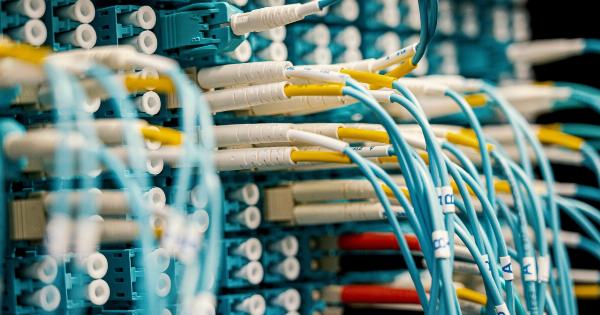Creatinine is a waste product produced by muscle metabolism. It is filtered out of the body by the kidneys and eliminated through urine. Creatinine levels are used as an indicator of kidney function.
When creatinine levels are high, it can be an indicator of kidney damage or disease. In this article, we will discuss what high creatinine levels mean, what causes them, and what can be done to lower them.
What Are Normal Creatinine Levels?
Normal creatinine levels are between 0.6 and 1.2 milligrams per deciliter (mg/dL) for men and between 0.5 and 1.1 mg/dL for women. However, these values can vary depending on a person’s age, sex, and muscle mass.
It’s important to note that even if your creatinine levels are slightly above the normal range, it may not necessarily mean that you have kidney disease. Your doctor will need to perform additional tests to determine the cause of your high creatinine levels.
What Causes High Creatinine Levels?
High creatinine levels can be caused by a variety of factors:.
Kidney Damage
The most common cause of high creatinine levels is kidney damage or disease. When the kidneys are not functioning properly, they may not be able to filter creatinine from the blood effectively, resulting in a buildup of creatinine in the body.
Dehydration
Dehydration can also cause high creatinine levels. When the body is dehydrated, there is less fluid in the blood, which can lead to an increase in creatinine levels.
This is why it’s important to drink plenty of fluids, especially water, to stay hydrated.
Medications
Some medications can cause high creatinine levels. These include nonsteroidal anti-inflammatory drugs (NSAIDs), such as ibuprofen and naproxen, as well as some antibiotics and chemotherapy drugs.
Muscle Damage
Muscle damage can also cause high creatinine levels. This can occur from strenuous exercise or from conditions such as rhabdomyolysis, which is the breakdown of muscle tissue.
What Are the Symptoms of High Creatinine Levels?
High creatinine levels may not cause any symptoms initially. However, as kidney function continues to decline, you may experience the following:.
- Fatigue
- Nausea and vomiting
- Loss of appetite
- Swelling in the hands and feet
- Trouble concentrating
- Changes in urine output
- Blood in urine
How Are High Creatinine Levels Diagnosed?
High creatinine levels are diagnosed through a simple blood test called a creatinine test. This test measures the amount of creatinine in the blood.
If your creatinine levels are high, your doctor may order additional tests to determine the underlying cause.
How Are High Creatinine Levels Treated?
The treatment for high creatinine levels depends on the underlying cause. If kidney damage or disease is the cause, your doctor may recommend medications to lower your blood pressure and protect your kidneys.
You may also need to make lifestyle changes, such as limiting your salt intake, quitting smoking, and exercising regularly.
If dehydration is the cause of your high creatinine levels, your doctor may recommend drinking more fluids or receiving fluids through an IV.
If medications are causing your high creatinine levels, your doctor may adjust your dosage or switch you to a different medication.
Can High Creatinine Levels Be Prevented?
There are several steps you can take to prevent high creatinine levels:.
- Stay hydrated by drinking plenty of fluids, especially water
- Limit your salt intake
- Exercise regularly
- Avoid using NSAIDs or other medications that can cause kidney damage
- Quit smoking
The Bottom Line
High creatinine levels can be an indicator of kidney damage or disease. However, there are several factors that can cause high creatinine levels, including dehydration, medications, and muscle damage.
If you suspect that you may have high creatinine levels, it’s important to talk to your doctor. They can perform a simple blood test to determine your creatinine levels and recommend the appropriate treatment.






























